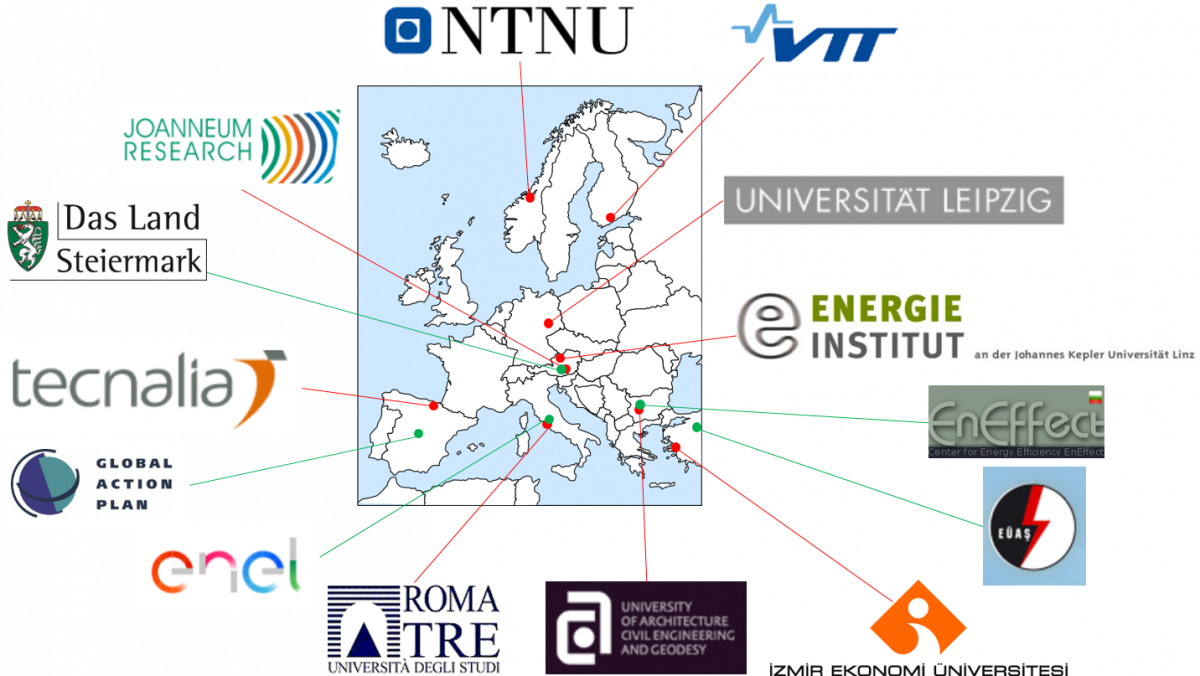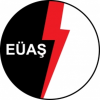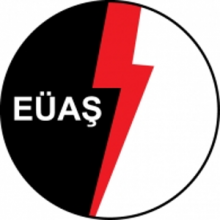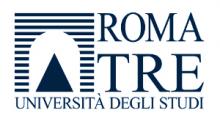Partners

NTNU has the main responsibility for higher education in technology in Norway, and it is the country’s premier institution for the education of engineers. The university offers several programmes of professional study and a broad academic curriculum in the natural sciences, social sciences, teacher education, humanities, medicine and health sciences, economics, finance and administration, as well as architecture and the arts. The Department of Psychology is part of the Faculty of Social and Educational Sciences and is an international arena for research and education in Psychology covering a variety of disciplines such as Cognitive, Biological, Personality, Developmental and Social Psychology.
The Center for Energy Efficiency EnEffect is a non-profit NGO working, founded in 1992 in Sofia, Bulgaria. Its establishment has been called forth by the acute need of energy conservation in households, industry, transport, construction, agriculture and in the energy sector. By its intensive involvement in activities to improve energy efficiency, EnEffect supports the efforts of the Bulgarian central and local authorities and the private sector actors for sustainable energy development.
The Centre for Energy Efficiency EnEffect has two specialized business subsidiaries, respectively specialized in energy audits of buildings and industrial systems and in integrated investment design of nearly zero-energy and passive buildings. Currently, EnEffect is acting as the Secretariat of the Bulgarian Energy Efficiency Network EcoEnergy, providing policy and technical support to the regional and local authorities to implement sustainable energy policies and practices. As part of an international consortium, EnEffect manages the Bulgarian Energy Efficiency and Renewable Sources Fund, supported by the Global Environment Facility, the World Bank and the Bulgarian Government.
Electricity Generation Company (EÜAŞ) is a state-owned company which is founded on October 2001 to generate electricity efficiently and profitably. As of 2016, with its total installed capacity of 20.145 MW, provided %25.6 of installed capacity and with its 46.5 billion kWh electricity generation, provided %17 of total Türkiye electricity generation.
The overall responsibilities of EÜAŞ for hydraulic and thermal power plants under its jurisdiction are: Operating the existing plants, Running the newly built hydraulic power plants transferred by DSI (directorate-general of state hydraulic works), Maintenance, repair and rehabilitation of the power plants under operation, Constructing new electricity generation plant in case Council of Ministers Cabinet gives permission.
EÜAŞ has 14billion TL paid capital and total number of employees is 6.731 (as of 2016).
The Enel Group is a multinational energy company and one of the world’s leading integrated electricity and gas operators. Enel works in 29 countries across 4 continents, generating energy with a net installed capacity of around 83 GW and distributing electricity and gas across a network spanning about 2.1 million km. With around 64 million end users around the world, Enel has the biggest customer base among the European competitors, and is one of Europe’s leading energy companies by installed capacity and reported EBITDA.
The Energy Institute at the Johannes Kepler University Linz is a not for profit research organization, whose multidisciplinary knowledge of more than one scientific field is essential for energy-related research topics. The Energy Institute’s three departments cover Energy Economics, Energy Law and Energy Technologies. Only the combination of these core disciplines allows comprehensive analyses and accounts for all aspects of future-oriented energy topics. We analyse the economic effects of questions regarding energy-related policy, discuss the most recent developments in the European energy legislation and evaluate strategies for CO2 abatement schemes as well as measures aimed at promoting energy efficiency goals. The Energy Institute at the Johannes Kepler University Linz is deeply rooted in the Austrian research community, publishes in high level journals and possesses experience of four European research projects in the 7th framework programme and Horizon2020 (PEAKapp #695945, SESAME FP7 #261696, SPARKS FP7 #608224, SunLiquid #322386, ChiBio #289284,and ECHOES #727470).
TECNALIA Research & Innovation is the first privately funded Applied Research Centre in Spain and one of the leading such centres in Europe. With our 1,475 highly-qualified employees, a 110 million Euros turnover and a portfolio with over 4,000 clients, TECNALIA is determined to change its way of working with companies to promote the transformation of knowledge into wealth.
GAP Spain is a NGO founded in 1996 and at present is comprised of a management team of four persons responsible for; management, PR & communication, finance & administration and training & project management. The number of non-management staff fluctuates according to the size of the projects being undertaken.
GAP Spain forms part of GAP International, a network of NGO’s active in the field of “education for sustainable development” and related programs for sustainable behaviour change. GAP is a network of organizations working for a common goal: Empowering people to live and work increasingly sustainably.
IUE is established as the first foundation university in Izmir and in Aegean Region in 2001, Izmir University of Economics (IUE) currently has 8 Faculties, 2 Schools, 3 Vocational Schools, 4 Graduate Schools, and 9 Research and Application Centers. These academic units offer 25 associate degree programs, 36 undergraduate programs, 38 graduate programs, and 9 PhD programs. Four of the undergraduate programs are dual diploma programs executed jointly with the USA-(SUNY) New York State University. Izmir University of Economics has ERASMUS program agreements with 169 universities in 26 countries and has academic cooperation protocol with 38 universities abroad as of June, 2016. The Mission of IUE is to educate and equip qualified students with leadership attributes, entrepreneurial capabilities, critical thinking skills and the ability to contribute valuable research in a variety of sciences with the vision of becomeing a pre-eminent institution of higher learning at the forefront of education on a universal level and to pioneer valuable research in a variety of disciplines.
With a focus on applied research and technology development, JOANNEUM RESEARCH plays a key role in transfer of technology and know-how in South-East-Austria.
The JOANNEUM RESEARCH LIFE Centre for Climate, Energy and Society addresses key issues related to climate change: greenhouse gas emissions, societal change, risk assessment, energy systems and technology assessment.
The LIFE research group on Future Energy Systems & Lifestyle supports business, administration and society in establishing a sustainable energy economy, setting the focus on Energy Systems Assessment, Best Technology Choice and Lifestyle Transformation Tools.
The Provincial Government of Styria is represented by the division 15, department energy and domestic architecture, climate protection coordinator. With its employees the organization is liable for coordination, organization and implementation of the climate protection- and climate adaption plan of Styria. In 2011 the department invented the initiative “I'm doing it – for our future” to raise the awareness in Styria.
Leipzig University was founded in 1409 making it one of the oldest universities in Germany. It is an interdisciplinary, international comprehensive university.
On its ambitious path to becoming a European top-level university and internationally recognised seat of research and learning for young scholars the University draws on an extensive range of subject areas. Crossing boundaries of traditional academic disciplines, international collaboration, networking with non-university research institutes and business are not just traditions of the University but are also the basis of its academic excellence.
The University consists of 14 faculties with 128 institutes. 35,000 persons research, teach and study at the university and more than 4,300 persons are employed at the University Hospital of Leipzig. The university offered 136 courses of study in the 2009/10 winter semester. 5,686 doctoral candidates are registered at the UL (2,439 in medicines), 631 of whom are enrolled in 20 structured graduate training programmes (as per the end of 2009). The research potential in Leipzig is fortified by 20 non-university research institutions and five other universities.
As a university steeped in tradition, Leipzig University has always become stronger when emerging from difficult transitions. The phase after the Berlin Wall fell in 1989 was dominated by a virtually complete restructuring of the humanities and social sciences while the life sciences and natural sciences were adapted to new accents in research and teaching. The fundamental reformation of its structures and courses of study was also combined with the opportunity to promote interdisciplinary collaboration from the onset and take advantage of arising synergies.
Leipzig University has been placed as the best university in the New Laender and among the top 25 in Germany in the fourth consecutive year (by the Shanghai Ranking).
Roma Tre University of was founded in 1992 and is the youngest public Athenaeum in Rome. It has about 40,000 students and more than 1600 academic and professional staff, in 12 Departments. Roma Tre has been participating to 48 FP7 funded projects, and is currently involved in several H2020 funded projects. Roma Tre University is continuously improving its national and international rankings. In 2016 it jumped from number 84 to number 72 on the “Times Higher Education 100 under 50” list.
The University of Architecture, Civil Engineering and Geodesy (UACEG), Sofia, is the oldest and one of the most prestigious higher technical schools in Bulgaria. Founded in 1942 as a Higher Technical School, it was transformed into a State Polytechnic in 1945. In 1953 the Polytechnic was divided into several institutes, one of them being the Institute of Civil Engineering. In 1990, by a decision of its General Assembly, the Institute was renamed University of Architecture, Civil Engineering and Geodesy (UACEG) and official accreditation by Parliament followed in 1995.
VTT Technical Research Centre of Finland Ltd is the leading research and technology company in the Nordic countries. We use our research and knowledge to provide expert services for our domestic and international customers and partners, and for both private and public sectors. We use 4,000,000 hours of brainpower a year to develop new technological solutions.


















